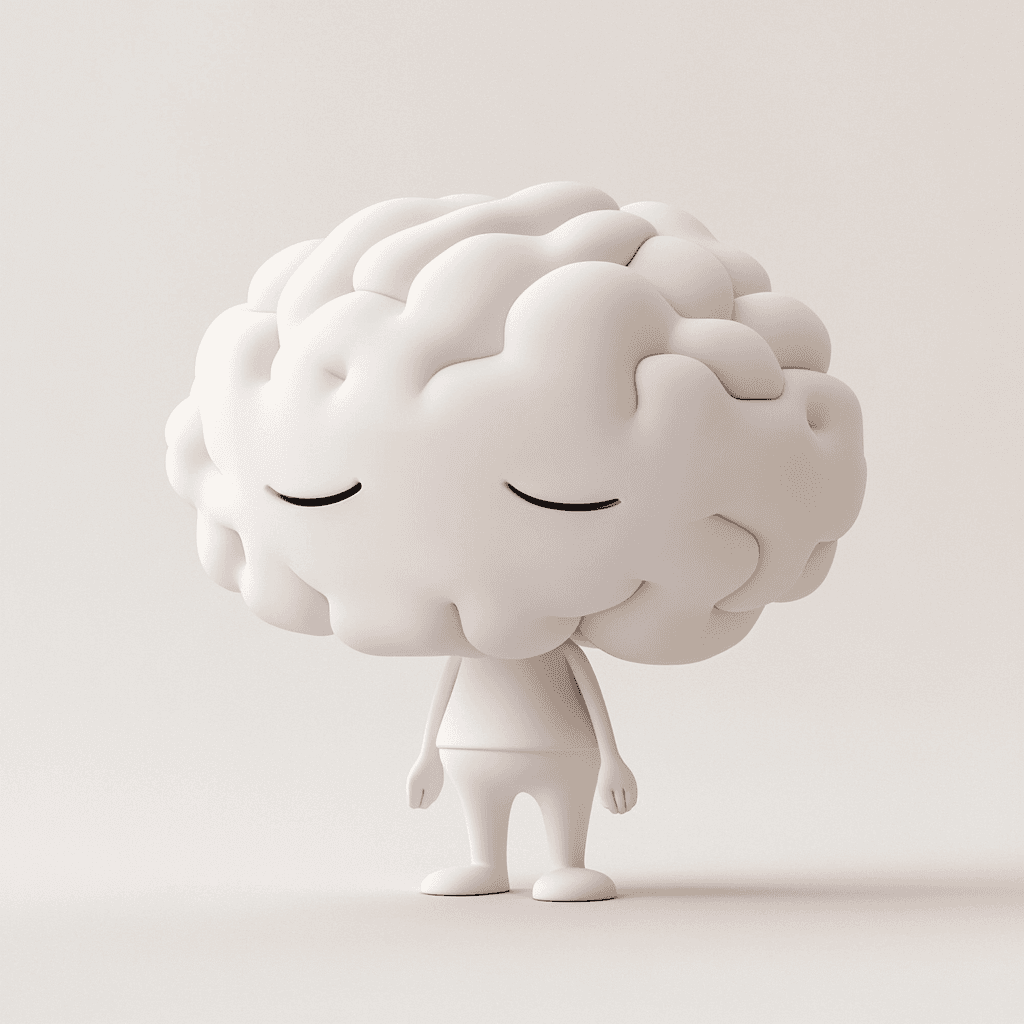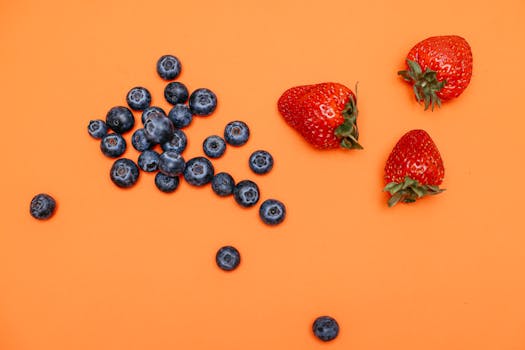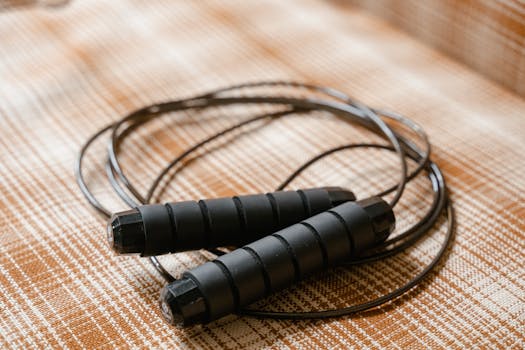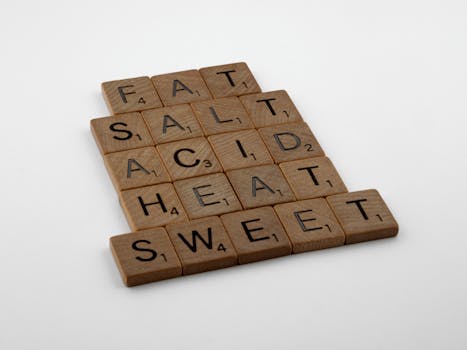Overcome Menopause Brain Fog with These Powerful Supplements
Nov 26, 2024
During menopause, many women experience a frustrating symptom known as brain fog – a cognitive impairment characterized by forgetfulness, difficulty concentrating, and mental fatigue. This can significantly impact daily life and productivity. Fortunately, certain supplements can help alleviate brain fog and restore mental sharpness.
In this comprehensive guide, we'll explore the most effective supplements for combating menopause-related brain fog and regaining clarity, backed by scientific research. We'll also discuss lifestyle strategies that can complement these supplements for optimal cognitive function.
Understanding Brain Fog During Menopause
Before delving into the supplements, it's essential to understand the underlying causes of brain fog during menopause.
Hormonal Fluctuations and Their Impact
Menopause is a natural transition marked by a decline in estrogen and progesterone levels. These hormonal shifts can affect cognitive function, leading to brain fog. Estrogen plays a crucial role in brain health, influencing neurotransmitter systems, neuroplasticity, and cognitive processes like memory and attention.
Other Contributing Factors
While hormonal changes are a primary cause, other factors can exacerbate brain fog during menopause, including:
Sleep disturbances: Hot flashes and night sweats can disrupt sleep quality, leading to daytime fatigue and cognitive impairment.
Stress and anxiety: The emotional upheaval of menopause can increase stress levels, which can negatively impact cognitive function.
Nutritional deficiencies: Inadequate intake of certain vitamins and minerals can contribute to brain fog.

Top Supplements for Menopause Brain Fog
Based on scientific research, the following supplements have shown promising results in alleviating brain fog and improving cognitive function during menopause.
Omega-3 Fatty Acids
Omega-3 fatty acids, particularly EPA and DHA found in fish oil supplements, are essential for brain health. They help reduce inflammation, improve neurotransmitter function, and support cognitive processes like memory and focus. Aim for a daily intake of at least 1,000 mg of combined EPA and DHA.
Check out our menopause diet plan for more nutritional tips.
Ginkgo Biloba
Ginkgo biloba is an ancient herb renowned for its cognitive-enhancing properties. It improves blood flow to the brain, reduces inflammation, and protects against oxidative stress – all of which can help alleviate brain fog. The recommended dosage is 120-240 mg per day.
A small study involving postmenopausal women found that a daily 120 mg Ginkgo biloba supplement led to modest but clear improvements in symptoms related to brain fog, including visual memory, attention, and cognitive flexibility, after just one week.
Vitamin B Complex
B vitamins, especially B12, B6, and folate, are essential for brain function and energy production. Deficiencies in these vitamins can contribute to brain fog and fatigue. Look for a high-quality B-complex supplement or consider individual supplements if you have specific deficiencies.
Learn more about vitamins for combating menopause fatigue.
Rhodiola Rosea
Rhodiola rosea is an adaptogenic herb that helps the body cope with stress and fatigue. By reducing the impact of stress on cognitive function, it can help alleviate brain fog. The recommended dosage is 200-600 mg per day.
Phosphatidylserine
Phosphatidylserine is a phospholipid that plays a vital role in maintaining cell membrane integrity and supporting cognitive function. It has been shown to improve memory, concentration, and overall brain health. The typical dosage is 100-300 mg per day.
Curcumin
Curcumin, the active ingredient in turmeric, has proven anti-inflammatory properties and may help improve cognitive function during menopause. A placebo-controlled trial involving women with pre-menstrual symptoms found that a daily 500 mg curcumin supplement for 10 days before and during their periods led to significant improvements in memory, focus, emotional control, and overall cognitive performance.
Phytoestrogens
Phytoestrogens are plant compounds that mimic some of the effects of estrogen in the body. Two types of phytoestrogens that may help with menopause brain fog are:
Soya isoflavones: A review of multiple studies found that postmenopausal women who took daily soya isoflavone supplements for as little as a week saw improvements in verbal and visual memory, as well as planning and organizational skills.
Resveratrol: Found in grapes and wine, resveratrol may improve cognitive function by allowing better oxygen permeation in the brain. Studies have shown that taking a daily 150–200 mg resveratrol supplement can improve working memory, planning, and organization in postmenopausal women after 14 weeks.
Lifestyle Strategies to Complement Supplements
While supplements can be highly beneficial, they work best in conjunction with a healthy lifestyle. Here are some additional strategies to consider:
Exercise Regularly
Regular exercise, particularly aerobic and mind-body exercises like yoga, can improve cognitive function, reduce stress, and promote better sleep – all of which can help alleviate brain fog.
Check out our post-menopause health and fitness strategies.
Practice Stress Management
Incorporating stress-reducing activities like meditation, deep breathing exercises, or journaling can help manage the emotional challenges of menopause and reduce the impact of stress on cognitive function.
Explore our self-care strategies for menopause.
Prioritize Sleep Hygiene
Establishing good sleep habits, such as maintaining a consistent sleep schedule, creating a cool and dark sleep environment, and avoiding screen time before bed, can improve sleep quality and reduce the impact of sleep disturbances on brain fog.
Stay Hydrated and Eat a Balanced Diet
Proper hydration and a nutrient-rich diet can support overall brain health and cognitive function. Focus on consuming plenty of fruits, vegetables, whole grains, and lean proteins.
Dietary Patterns for Brain Health
In addition to supplements, following specific dietary patterns can help protect brain health and reduce the risk of cognitive decline.

Eat Foods High in Phytoestrogens
As mentioned earlier, phytoestrogens can mimic some of the functions of estrogen in the body, which may be important as your estrogen levels drop during perimenopause. Eating whole plant foods that are rich in phytoestrogens can provide these compounds in their natural form, along with fiber and other beneficial nutrients.
Foods high in phytoestrogens include:
Plums, pears, apples, grapes, and berries
Beans, especially soybeans
Cabbage, spinach, onions, and garlic
Whole grains
Wine and tea
Follow the Mediterranean or MIND Diet
The Mediterranean diet and the MIND (Mediterranean-DASH Intervention for Neurodegenerative Delay) diet are healthy eating patterns that have been shown to protect brain health and reduce the risk of cognitive decline and dementia.
These diets emphasize a variety of fruits, vegetables, beans, whole grains, nuts, seeds, fish, and olive oil, while limiting processed foods, red meat, and added sugars. The MIND diet also focuses on reducing salt intake and allows for moderate wine consumption.
Large-scale studies have found that adhering more closely to these dietary patterns is associated with better cognitive function and a lower risk of Alzheimer's disease.
Conclusion
Brain fog during menopause can be a frustrating and debilitating experience, but with the right supplements and lifestyle strategies, you can regain mental clarity and focus. At Getlila, our AI-powered personal training solutions offer personalized guidance tailored to your unique needs, including supplement recommendations and comprehensive menopause management plans.
Take control of your cognitive health and embrace this transitional phase with confidence. Contact us today to learn how our AI personal trainers can support you on your journey to overcome menopause brain fog and thrive.
Ready to Simplify Weight Loss?
Download the Lila app or visit getlila.com to start your journey. Experience the power of an AI-driven approach designed to adapt to your changing body and unique needs. Embrace holistic weight loss with Lila—because you deserve to feel strong, confident, and truly yourself again.
Disclaimer: This article is for informational purposes only and does not substitute professional medical advice. Consult a healthcare provider for personalized recommendations.
You should not have to do it all on your own











